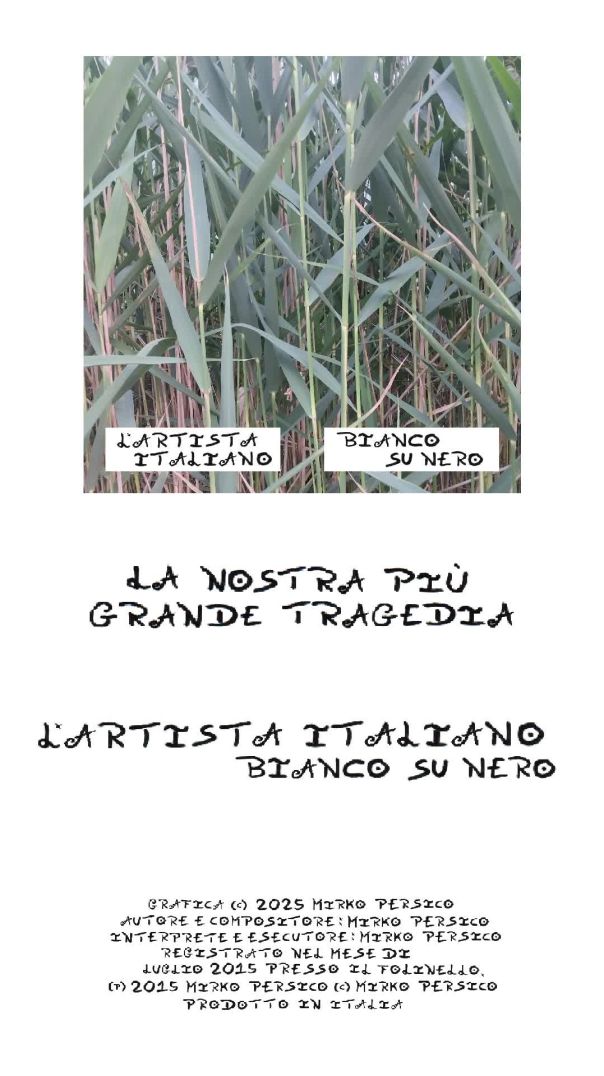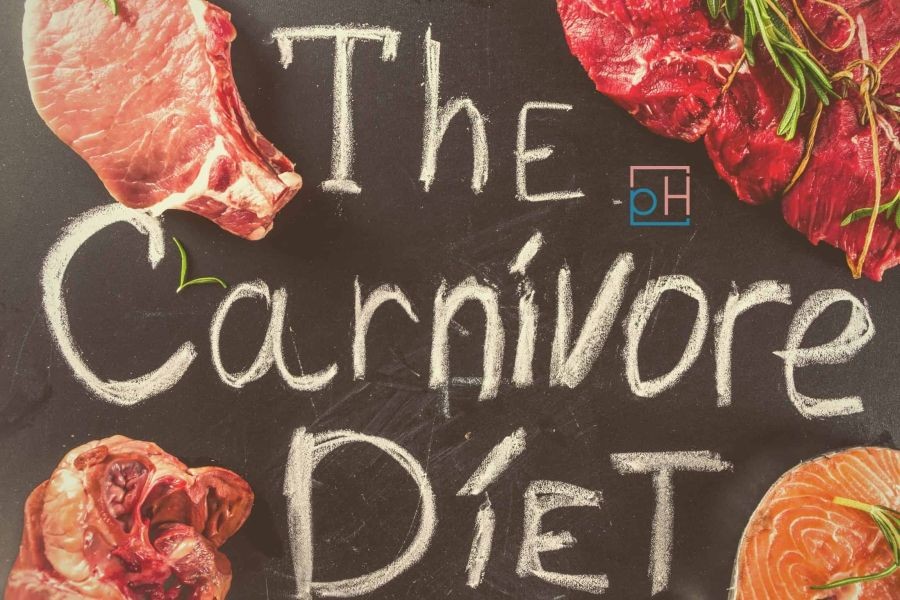In recent years, the carnivore diet has gained traction, challenging long-held beliefs about nutrition. This diet, which consists entirely of animal products, goes against the grain of traditional dietary guidelines that emphasize balanced nutrition with a variety of food groups. As New Zealanders increasingly explore alternative diets, it's crucial to understand the implications of such a radical shift in eating habits. This article delves into why the carnivore diet contradicts conventional nutritional wisdom and its potential impact on New Zealand's health landscape.
Breaking Down the Carnivore Diet
The carnivore diet is a form of extreme elimination diet that includes only meat, fish, and animal-derived products like eggs and certain dairy. Proponents claim it can lead to weight loss, reduced inflammation, and improved mental clarity. However, critics argue that it lacks essential nutrients found in fruits, vegetables, grains, and legumes, which are vital for overall health.
Local Context: New Zealand's Nutritional Guidelines
In New Zealand, the Ministry of Health’s Eating and Activity Guidelines recommend a balanced diet that includes a variety of foods from each of the four food groups: vegetables and fruits, grain foods, protein foods, and dairy. These guidelines are based on extensive research and are designed to reduce the risk of chronic diseases such as heart disease, diabetes, and certain cancers.
According to Stats NZ, nearly one in three adults in New Zealand is obese, highlighting the importance of following these balanced dietary guidelines. The carnivore diet, with its exclusion of plant-based foods, stands in stark contrast to these recommendations, raising questions about its long-term health implications.
Real-World Case Study: Carnivore Diet in Action
Case Study: The Carnivore Diet's Impact on Health
Problem: While the carnivore diet has gained popularity, its long-term effects on health remain under-researched. In New Zealand, an increasing number of individuals are experimenting with this diet, spurred by anecdotal success stories.
Action: A small group of individuals in Wellington embarked on the carnivore diet, aiming to test its effects over six months. They were monitored for changes in weight, cholesterol levels, and overall health markers.
Result: The participants reported initial weight loss and increased energy levels. However, after six months, many experienced elevated cholesterol levels and reported digestive issues due to the lack of dietary fiber. These findings align with existing research that highlights potential health risks associated with strictly animal-based diets.
Takeaway: While short-term benefits of the carnivore diet might be appealing, the potential long-term health risks emphasize the need for a balanced diet. New Zealanders should consider incorporating a variety of food groups to ensure optimal health and nutrition.
Common Myths and Misconceptions
- Myth: "The carnivore diet provides all essential nutrients." Reality: Plant-based foods are rich in fibers, vitamins, and minerals not found in meat. Research from the University of Auckland suggests that fiber intake is crucial for digestive health and reducing the risk of colorectal cancer.
- Myth: "All proteins are created equal." Reality: While meat is a good source of protein, plant-based proteins offer additional health benefits, including lower cholesterol levels and reduced risk of heart disease.
- Myth: "The carnivore diet is a sustainable lifestyle choice." Reality: Sustainability concerns arise due to the environmental impact of meat production. According to the Ministry for the Environment, reducing meat consumption can significantly lower one's carbon footprint.
Pros and Cons of the Carnivore Diet
Pros:
- Rapid Weight Loss: Initial weight loss is often due to the restrictive nature of the diet.
- Simplicity: The diet is straightforward, eliminating the need to count calories or track macronutrients.
- Potential Anti-Inflammatory Effects: Some individuals report reduced inflammation and joint pain.
Cons:
- Nutrient Deficiencies: Lack of essential nutrients from plant-based foods can lead to health issues.
- Increased Cholesterol Levels: High intake of animal fats can elevate cholesterol and increase heart disease risk.
- Environmental Concerns: High meat consumption contributes to increased greenhouse gas emissions.
Future Trends and Predictions
Looking ahead, there is a growing trend towards personalized nutrition, where diets are tailored to individual genetic, metabolic, and lifestyle factors. This approach could offer a middle ground between extreme diets like the carnivore diet and traditional dietary guidelines.
According to a report by NZTech, advancements in genetic testing and digital health technologies will enable more New Zealanders to customize their nutrition plans, potentially transforming the way diets are approached in the future.
Conclusion
The carnivore diet, while intriguing, challenges the conventional wisdom of balanced nutrition. Its potential health risks, combined with environmental concerns, suggest that a more varied diet is advisable. As New Zealanders continue to explore dietary trends, it's essential to prioritize long-term health and sustainability.
What are your thoughts on the carnivore diet? Share your experiences and insights in the comments below!
People Also Ask
- How does the carnivore diet impact New Zealand's health landscape?The carnivore diet's exclusion of plant-based foods may lead to nutrient deficiencies and health issues, which contradicts New Zealand's nutritional guidelines emphasizing a balanced diet.
- What are the biggest misconceptions about the carnivore diet?One common myth is that the carnivore diet provides all essential nutrients. However, plant-based foods contain vital fibers and vitamins not found in meat.
- What are the best strategies for implementing a balanced diet in New Zealand?Experts recommend following the Ministry of Health's guidelines, which include a variety of food groups to ensure optimal nutrition and health.
Related Search Queries
- Carnivore diet benefits and risks
- New Zealand dietary guidelines
- Plant-based vs. carnivore diet
- Sustainable eating in New Zealand
- Impact of diet on health in New Zealand
































lucasogilby407
11 months ago